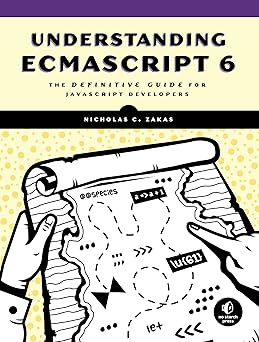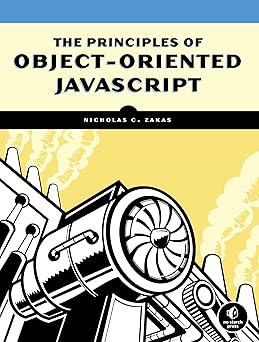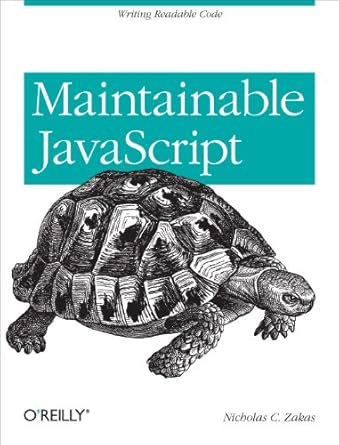 I got The World is Flat as a present last Christmas. I had heard about it from my mom and a couple other people who mentioned I might enjoy it. I settled down into reading The World is Flat and had a couple reactions. The first was how much the metaphor annoyed me; the second was how the content of the book is really interesting.
I got The World is Flat as a present last Christmas. I had heard about it from my mom and a couple other people who mentioned I might enjoy it. I settled down into reading The World is Flat and had a couple reactions. The first was how much the metaphor annoyed me; the second was how the content of the book is really interesting.
This book is basically about how the Internet has changed the world. Friedman talks through the major goings-on in technology that led to the outsourcing craze. Even though I lived through the dot-com bust, I didn’t fully appreciate just how important it was in opening up the doorway to India and China. It’s this movement that Friedman calls the “flattening” of the world…a metaphor he absolutely beats to death throughout the entire book (truth be told, after the first chapter I didn’t know how much longer I could stand it).
Sprinkled throughout are interesting stories about technology companies. He walks through the rise and fall of Netscape (though I thought a little more explanation as to Microsoft’s involvement would’ve been nice). Of particular interest to me was the story of the Apache Foundation and how it began with the help of IBM. It was a story that I hadn’t heard before and it really opened my eyes. Friedman talks glowingly about open source software and how important it’s been to technology in general.
I also really liked the discussion of how technology can make a better world, and how global supply chains can help to maintain peace even amongst traditionally adversarial countries. There’s also some fairly basic political overtones encouraging America to free itself from oil dependency and other countries to institute laws that allow them to participate in the global market.
There’s a lot of talk about 9/11, when the planes hit the towers, and 11/9, when the Berlin wall came down, as well as how each impacted the entire world. Friedman explains in frightening detail how the same Internet that empowers companies and business also empowers terrorists, with examples of how al Qaeda operated up through 9/11.
Overall, The World is Flat is a good book with a lot of detail. Anyone who works in technology, or has any sort of interest in it, would definitely be well-served by picking this one up. Even if you’re a technophile like myself, you’re bound to learn something new. While I’m not a big fan of the overall writing style, I think the content more than makes up for it.





